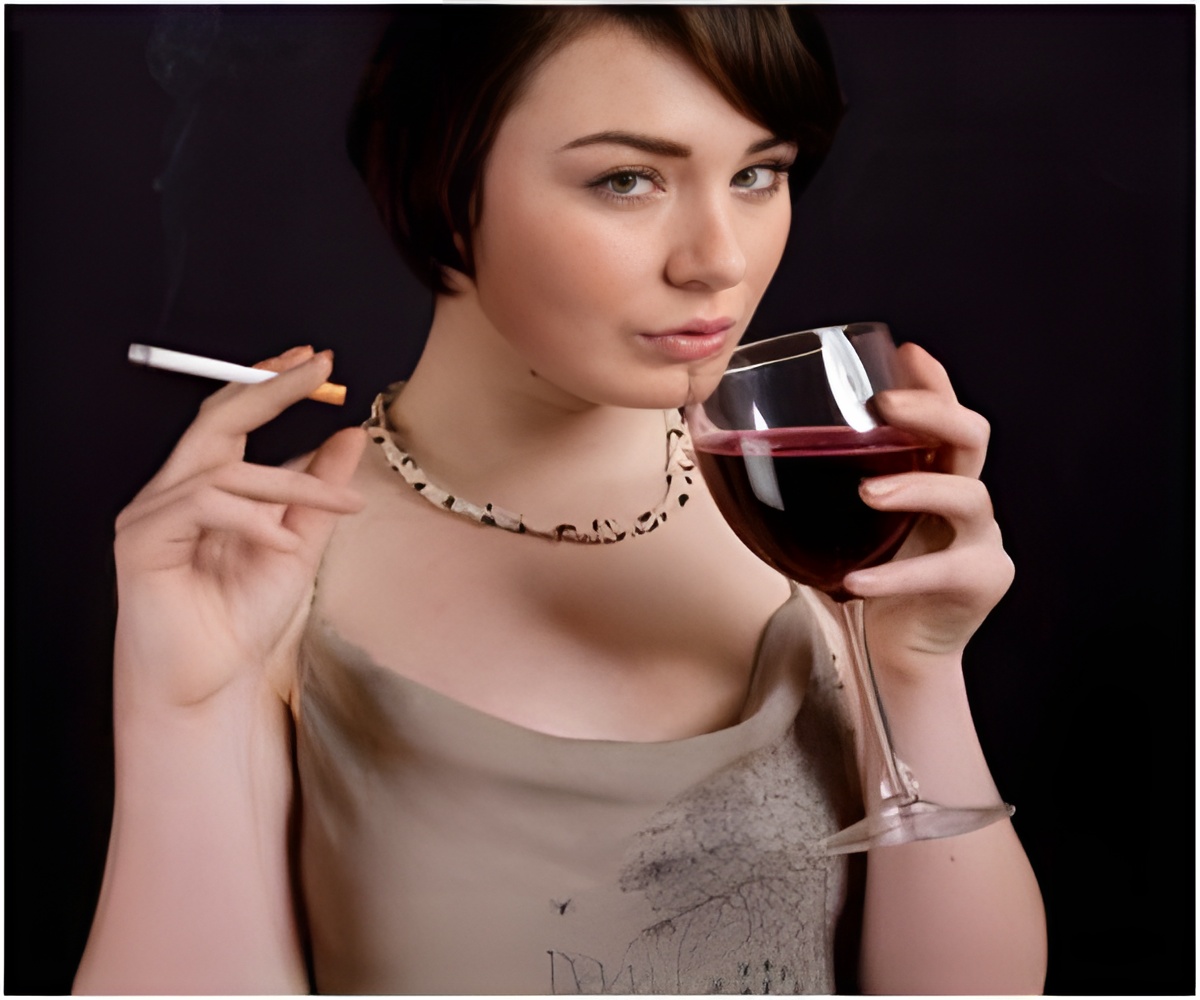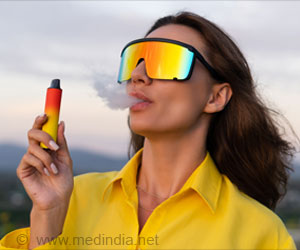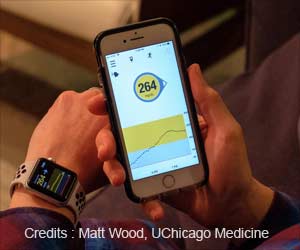It is a vicious cycle where nicotine leads to compulsive behavior and makes people crave for alcohol to reward brain and reduce stress.

After this, the researchers used alcohol vapor to induce alcohol dependence in one group of rats. Dependence developed in about two months. In subsequent tests where alcohol was freely available, these rats consumed the equivalent of a six-pack of beer and had blood alcohol levels close to three times the legal limit for humans.
The second group of rats were exposed to both nicotine and alcohol vapor. These rats developed alcohol dependence much faster-and they began drinking the equivalent of a six-pack in just three weeks.
The researchers then offered the rats alcohol with the bitter compound quinine added to see if they could stop the rats from drinking. Most rats decreased their alcohol consumption to avoid the bitter taste, but the nicotine-exposed rats just kept drinking. This indicated that their behavior was compulsive, much like alcoholism in humans.
Using further neurological studies, George and his colleagues tracked this compulsive behavior to the activation of "stress" and "reward" pathways in the brain. The compulsive alcohol consumption and neurological pathways seen in the new study suggest that alcohol works with nicotine to further activate the brain’s reward system and dampen the stress of nicotine exposure.
The study is published in The Journal of Neuroscience.
Advertisement















